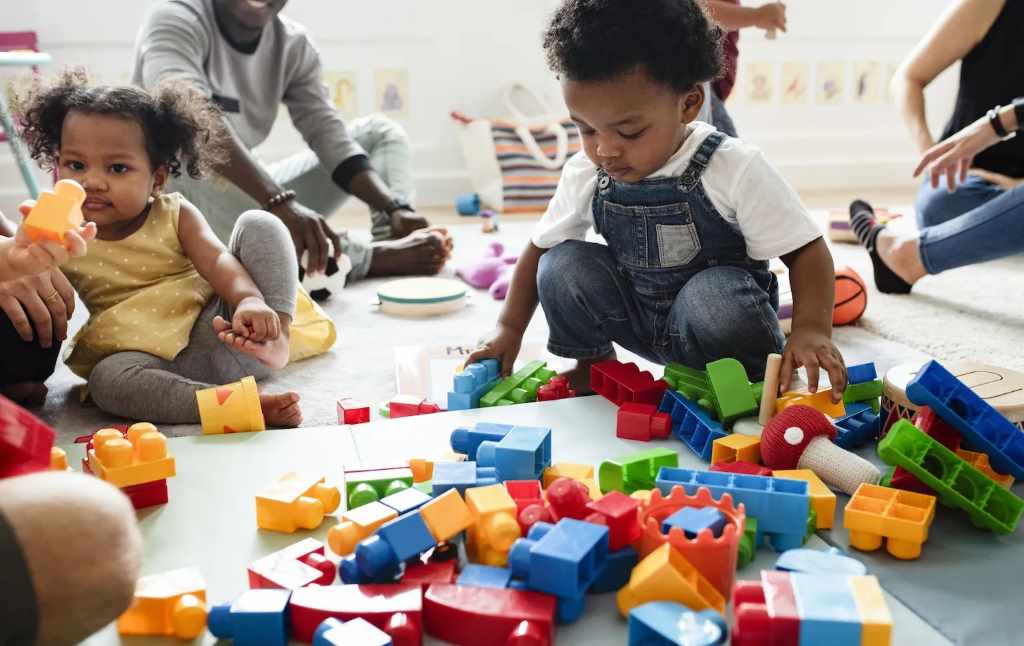Choosing the right child care for your little one is a major decision. It’s about more than just supervision; it’s about fostering growth, development, and a sense of security. While baby monitors offer a window into your child’s world, there’s a broader landscape of factors to consider for true peace of mind. This guide delves into the key aspects of child care that go beyond the digital eye of the monitor.
Understanding Your Child’s Needs
Every child is unique, with their own temperament, learning style, and developmental pace. Consider these factors when choosing child care:
- Age and Stage: Infants have different needs than toddlers or preschoolers. Ensure the care setting is equipped to handle your child’s specific age group.
- Personality: Is your child outgoing or more reserved? Some children thrive in group settings, while others might prefer a smaller, quieter environment.
- Interests: If your child has particular interests (e.g., music, art), look for care options that incorporate those elements into their programming.
Evaluating Child Care Options
There are various types of child care available, each with its pros and cons:
- Daycare Centers: Often offer structured schedules, diverse activities, and social interaction with peers.
- Family Child Care Homes: Provide a more intimate, home-like environment with smaller groups of children.
- Nannies: Offer personalized one-on-one care in your own home.
- Preschools: Focus on early education and school readiness.
Research and visit different options to get a feel for the environment, staff, and overall philosophy. Ask about their approach to discipline, learning, and communication with parents. Additionally, inquire about games that a 5-year-old can play within the setting.
Beyond the Basics: Key Considerations
While the basics like safety, cleanliness, and licensing are crucial, don’t overlook these additional factors:
- Staff Qualifications and Turnover: Experienced, well-trained caregivers who are passionate about their work are essential. Low staff turnover indicates a stable and supportive environment.
- Curriculum and Activities: Look for engaging activities that promote learning through play. Age-appropriate educational programs can set a strong foundation for future success.
- Communication and Parent Involvement: Open communication is vital. Choose a provider who encourages parent involvement and keeps you informed about your child’s progress.
- Gut Feeling: Ultimately, trust your instincts. If you feel comfortable and confident in the care setting, your child is likely to feel the same way.
Building a Partnership with Your Child Care Provider
Choosing a provider is just the beginning. A strong relationship with your child’s caregivers fosters a sense of trust and collaboration. Here are some tips:
- Communicate Regularly: Share information about your child’s routines, preferences, and any concerns you may have.
- Participate When Possible: Attend events, volunteer, or simply drop by to say hello. Your presence shows your child that you’re invested in their care.
- Respect Their Expertise: Value the caregivers’ knowledge and experience. They are professionals who care deeply about your child’s well-being.
- Be Open to Feedback: If your child’s caregivers have suggestions or observations, listen with an open mind.
Unlock Your Child’s Learning Potential with Fun Educational Games!
A Note on Baby Monitors
Baby monitors can be a valuable tool for checking in on your child, but remember they are just one piece of the puzzle. They don’t provide the full picture of the care your child is receiving. Trust your instincts, communicate with your child’s caregivers, and focus on building a strong partnership to ensure your child’s happiness and well-being.
When selecting a child care option, it’s crucial to consider various aspects to ensure your child receives the best care possible. Beyond simply relying on a baby monitor, you want to choose an environment that fosters nurturing and enrichment for your child’s development. This entails evaluating factors such as the caregiver’s qualifications, the cleanliness and safety of the facility, the availability of stimulating activities, and the overall atmosphere. It’s essential to find a place where your child can thrive emotionally, socially, and intellectually. Remember, as noted in the BubbleWrapFun review on when to stop using baby monitor, transitioning away from constant monitoring is a natural part of your child’s growth and independence.





